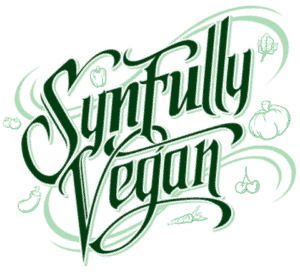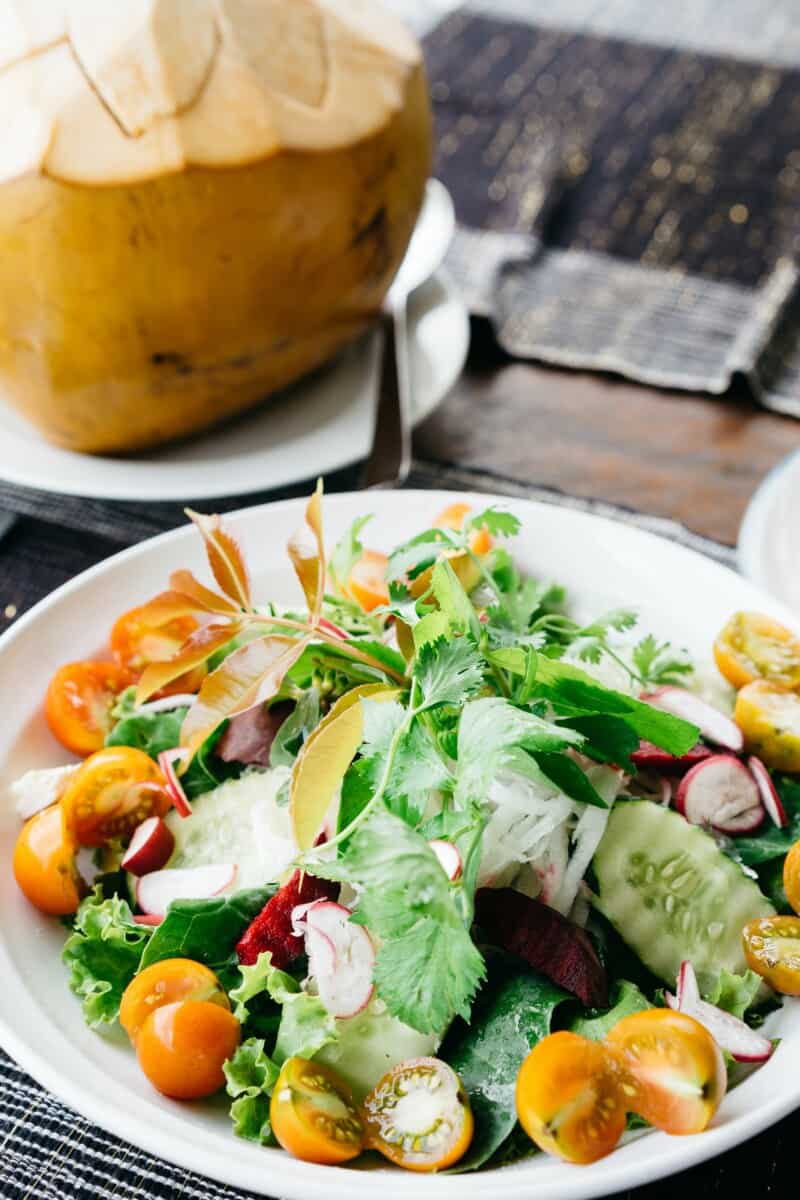The trace element zinc (Zn) is a common substance in nature and is of great importance to the body. Since zinc is necessary for us in very small quantities, it is referred to as trace elements.
It is present in all cells and participates in numerous biochemical reactions, is part of many enzymes and hormones that are indispensable for growth and development. To see well at dusk or low light, the retina must receive a certain amount of Zn from food. Scientists have found that a diet rich in zinc reduces the risk of developing / developing Age-Related Macular Degeneration (AMD).
A certain amount of zinc is found in drinking water and in many food products, but it is worth remembering that only ⅕ – ⅓ part of this trace element is absorbed by the body.
Zinc affects many vital functions of the body, namely vision, immunity, skin health, and more. So what and how does zinc affect?
Vision
For good vision, vitamin A is needed, and in order for vitamin A to be absorbed normally, zinc is needed to help you absorb vitamin A. A diet rich in zinc improves the quality of night vision. In addition, zinc reduces the likelihood of age-related muscular degeneration that leads to loss of vision.
Zinc: Resistance To Illness
Zinc affects the functioning of T cells, as well as the self-reproduction of DNA, which directly affects the state of the immune system. Simply put, people who are deficient in zinc are more likely to get sick or ill. Ensuring that you are
Zinc: Acne & Wounds
Like most vitamins and minerals, zinc affects not only the internal state, but also the appearance. Zinc is essential for the healing of wounds and cuts. In addition, zinc supports the health of the digestive tract, which affects the condition of the skin.
Other Uses For Zinc
According to some studies, zinc affects the health of the prostate gland and is necessary for the prevention of prostate cancer. In addition, zinc affects male reproductive functions.
Scientists have found that zinc not only protects the body from colds, but is also responsible for fighting infections and parasites, and eliminating inflammatory processes – which is noticeable primarily in the condition of the skin (the problem of acne – acne – is solved by the banal intake of a dietary supplement with zinc!)
Another important property of zinc is its effect on the nervous system: problems of hyperactivity in children and insomnia in hundreds of thousands of adults are also easily eliminated with the help of microscopic amounts of this important metal.
Zinc Deficiency Symptoms
Symptoms of zinc deficiency include frequent colds, leaky gut syndrome, and persistent diarrhea, poor eyesight, infertility, thinning hair, stunted growth in children, and slow wound healing.
The RDA for zinc in the diet is 11 mg for men and 8 mg for women.
People who are at risk of zinc deficiency
- Vegetarians
- Vegans
- Pregnant women
- People with digestive problems
- People who abuse alcohol
Zinc Rich Vegan Food: What Foods Are High In Zinc
Remember that for better absorption of the trace element, you should not combine it with supplements of magnesium, iron, calcium and copper. Zinc, the content of which can vary in foods, is very important for the regulation of immune function. It is this micro-element that allows you to activate T cells, which in turn allow you to regulate the immune response and attack infected cells.
- Legumes contain zinc, but they also contain phytates, which can reduce its absorption. Processing methods such as germination and soaking will help improve the bioavailability of the substance.
- Many vegetables contain moderate amounts of zinc, but some can meet your daily requirement if you don’t eat meat.
- Dark chocolate is a great treat for you. Dark chocolate is also high in sugar and calories. and so don’t make it your main source of zinc!
Foods Containing Zinc
- Vegetables: beets, tomatoes, garlic.
- Fruits: raspberries, blueberries, oranges.
- Seeds: pumpkin, sunflower, sesame.
- Nuts: pine nuts, walnuts, coconuts.
- Cereals: sprouted wheat, wheat bran, corn (including popcorn), in lentils and green peas – in small quantities.
- Spices: ginger, cocoa powder.
Zinc & Vegan Health
Despite lower absorption from plant foods, a 2013 meta-analysis found that vegans had slightly lower blood zinc levels than non-vegetarians, a difference of 1.17 ± 0.45 μmol / L. For vegetarians from developed countries, the difference was even less than 0.76 ± 0.27 μmol / L. Absolute blood zinc levels were not reported in the analysis. The average level of zinc in the blood is between 10 and 15 μmol / L, so it is doubtful that the differences are significant. The only alarming fact is that the level of zinc in the blood does not necessarily indicate the level of zinc in cells.
Eating protein improves the absorption of zinc. For this reason, foods rich in protein and zinc, such as legumes and nuts, are good choices for vegan diets. Baking powder, which is used to bake bread, and the fermentation or fermentation of soy products (tempeh and miso) also increase the absorption of zinc.
A 50 to 100% zinc supplement intake should be safe for those who believe they may be zinc deficient. Zinc gluconate and zinc citrate are two forms that are well absorbed. Some people are unable to metabolize zinc oxide. There is little evidence that zinc picolinate is absorbed well.
10 Best Vegan Foods For Zinc
- Legumes
- Sunflower seeds
- Nuts
- Cereals
- Vegetables
- Dark chocolate
- Coconut
- Sesame & pumpkin seeds
- Cocoa powder
- Buckwheat
Legumes
Legumes (such as chickpeas, lentils and beans) also contain significant amounts of zinc: 100 grams of cooked lentils are about 12% of the DV.
But keep in mind: legumes contain phytates, which interfere with the absorption of zinc and other minerals. That is, zinc from legumes is not as well absorbed as, for example, from animal products.
Despite this, legumes are an important source of zinc, especially for people on a vegan or vegetarian diet. By the way, heating or soaking legumes increases the bioavailability (absorption by the body) of this mineral.
Sunflower seeds
Seeds help increase your daily zinc intake (but can ruin your smile if consumed too much). For example, three tablespoons (30 grams) of pumpkin or sesame seeds contain 31% and 43% of the recommended daily intake for men and women.
Sunflower seeds are a good source of fiber, healthy fats and vitamins, so it’s wise to include them in your diet at least a couple of times a week.
Nuts
Including nuts (especially pine nuts, peanuts, almonds, and cashews) in your diet can significantly increase your zinc intake. For example, a handful of almonds (28 grams) contains 15% of your RDI.
There are studies that show nuts reducing the risk of heart disease, cancer and diabetes.
Cereals
Some whole grain foods, such as wheat, rice, and oats, contain zinc. However, as with legumes, whole grains contain phytates that impair zinc absorption. Therefore, relying on cereals as the sole source of zinc is not recommended.
Cereals are also a source of other important nutrients: fiber, B vitamins, magnesium, iron, phosphorus, manganese and selenium.
Vegetables (at least some of them)
In general, vegetables and fruits are not rich in zinc to make up for the lack of it in the body. However, some of them do contain enough zinc to help keep your zinc levels normal (especially if you don’t eat meat).
Potatoes (one large tuber) contain about 1 mg of zinc, which is 9% of the daily value. Zinc is found in cabbage (about 3% of the daily requirement per 100 grams).
Dark chocolate
Dark chocolate also contains zinc. A 100-gram bar of 70-85% chocolate contains about 3.3 mg of zinc, or 30% of the daily value.
Of course, not everyone will want to eat 100 grams of dark chocolate at a time, because in addition to the high zinc content, you will receive another 600 additional calories. Therefore, we recommend limiting yourself to 10-20 grams of dark chocolate a day – as a pleasant and healthy addition to the diet. Treat yourself!
Coconut
Many of us have already managed to include coconut in our daily diet. 100 g of coconut will give you 2 mg zinc. Soups are made on the basis of coconut milk which helps you to keep your zinc levels adequate.
Coconut is often used in baked goods or as an additive to coffee. Plus, coconut cream goes well with fruits and berries. Please note that coconut products are high in calories, so be moderate in consumption.
Sesame & pumpkin seeds
Quite a lot of zinc is found not only in these seeds, but also in pumpkin and sesame oils. In 100 g there is 7.4-7.7 mg of zinc. Note that these foods contain a lot of fat, albeit healthy, so eat them in moderation.
Use pumpkin and sesame seeds as an addition to salad and soup. Add oils to ready-made dishes – this way you maximize their benefits.
Cocoa powder
An ideal product for health. It is important that the content of cocoa beans in the powder is at least 75%. In 100 g there is 6.4 mg of zinc. An ideal healthy lifestyle drink can be prepared not from cow milk, but from plant milk – for example, almond or coconut milk. Make sure to look at my article on the best plant based milk!
Buckwheat
It is no coincidence that buckwheat is regularly included in the top nutritional products for athletes. Buckwheat has many beneficial properties due to its unique vitamin and mineral composition. It contains the largest amount of trace elements in comparison with other cereals, including zinc, which in buckwheat contains 2.77 mg per 100 g, which provides 23% of your daily value.

